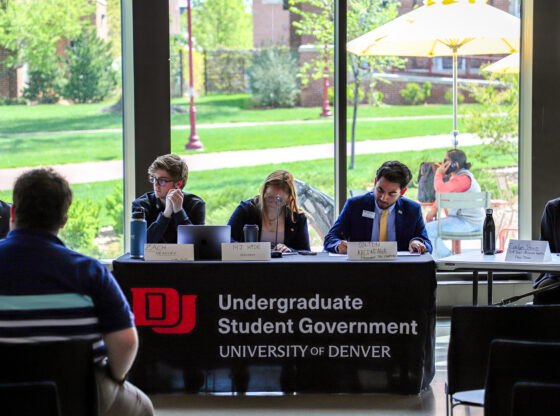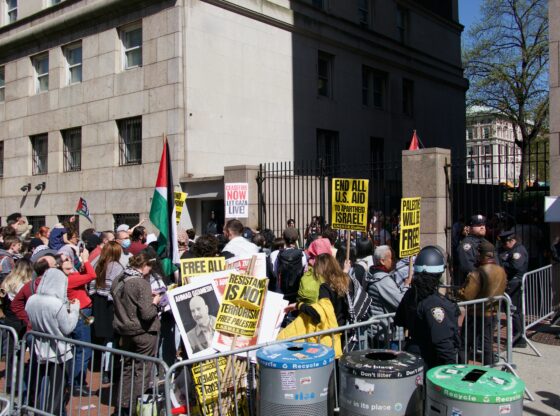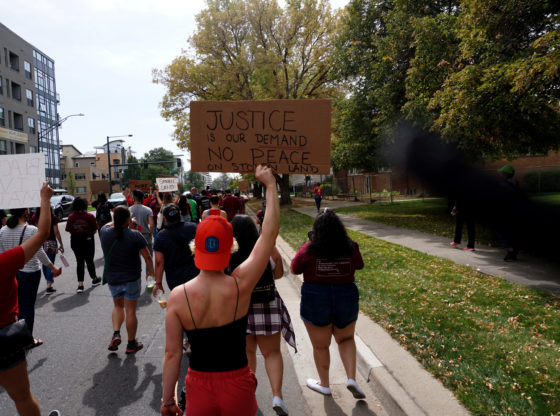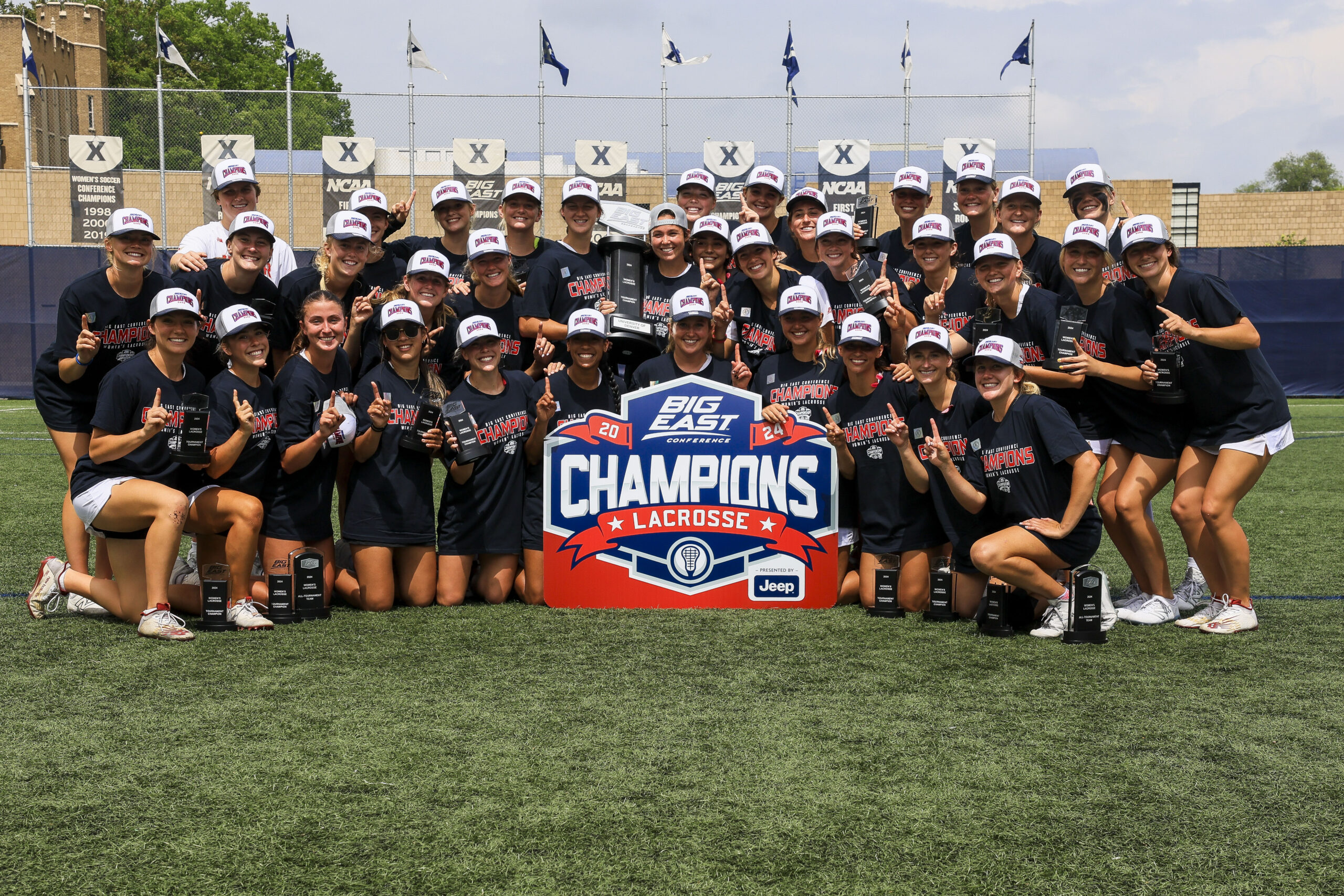On Oct. 30, most Americans will have already made preparations for Halloween by setting up extravagant decorations, elaborate haunted mazes and, if they are parents, going on a last minute journey to find a Disney costume that fits their kids. However, in Brazil, voters will participate in Brazil’s most critical presidential election since democracy returned to the country in 1989.
The first round of the Brazilian election was held on Oct. 2, where the former Brazilian president, Luiz Inacio Lula da Silva, or Lula for short, won 48.43 percent of the popular vote, while his opponent and incumbent president, Jair Bolsonaro, received 43.2 percent. Since no candidate won a majority of the vote in the first round, a second round will take place on Oct. 30 where Lula and Bolsonaro will be the only candidates on the ballot.
Lula served as President of Brazil from 2003 to 2010, known best for his left of center socio-economic policies that included the Bolsa Familia, a conditional cash-transfer program that gave low income Brazilian families stipends based on whether their children attended school and were vaccinated.
By utilizing revenue from the era’s commodity boom, the Brazilian government under Lula was able to effectively spread the wealth to 94 percent of the nation’s poorest 40 percent. As a result, the nation’s poverty rate plummeted from 40 percent to 20 percent from 2003 to 2012.
However, following the end of Lula’s presidency, an investigation known as “Operation Carwash” in 2014 revealed that dozens of members from the Workers Party, or PT, had been involved in kick-backs that paid off politicians and bought votes. Lula was found to be a part of this scheme and was sentenced to 12 years in prison while denying wrongdoing. Lula’s luck turned in 2021 when a supreme court judge annulled his previous corruption convictions, allowing him to run for president once again in 2022.
In 2018, Bolsonaro ran on an anti-corruption campaign in response to years of scandals that plagued the country since 2014. However, Bolsonaro has been mired in controversy since he won his first term. A few months following his victory, Bolosnaro’s eldest son, a federal senator, was found to have close ties with Rio de Janeiro’s paramilitary groups while also being involved in a racketeering scheme among the military police.
Bolsonaro himself has been criticized repeatedly for his treatment of the COVID-19 pandemic that resulted in a Brazilian congressional panel calling for him to face crimes of mass homicide for allowing the virus to spread. He has also faced backlash regarding his environmental policies that saw an acceleration of the Amazon rainforest being burned by ranchers.
“In Brazil [there’s] a lot that is at stake” says junior Isabela Padilha, a Brazilian international student that studies Economics and Political Science. “[Bolsonaro] has been a strong advocate for violence and bringing the military back to power…he started calling the elections rigged in the beginning of last year.”
Padilha’s family currently resides in the southeastern swing state of Minas Gerais, where voters there supported Lula by approximately 4.5 percentage points ahead of Bolsonaro in the first round. When asked about the potential of a coup if Bolsonaro loses, Padilha stated that her family on her mother’s side have overwhelmingly supported Lula because of this. “The whole reason they’re voting against [Bolsonaro] is because they’re scared,” says Padilha. “A lot of people are voting for Lula because they want Bolsonaro out…not because they really want Lula.”
The polarization and strategic voting laid out by Padilha can be seen at the regional level where there is a clear north-south divide in terms of which region supports which candidate. “The northeast of Brazil has been more leftist than the south,” says Padilha. “The northeast of Brazil is the part that was targeted when Lula became president. They were the ones that got the most cash transfer(s) from the government.”
According to The Economist’s Poll-of-Polls, Lula currently holds a 56-44 point lead in the polls, but some have harbored skepticism of the polls since they proved to be unreliable during the first round. Despite showing an average lead of 11 points ahead of the first round, Lula ended up winning by approximately five points over Bolsonaro.
In addition to skepticism, polling agencies have also received threats from supporters according to Padilha, who worked at a polling firm over the summer of 2022. “We actually got threats from Bolsonaro supporters saying that we shouldn’t show that Lula’s ahead because they feel like that’s campaigning for Lula,” stated Padihla.
With still a little less than a month to go, the second round of the Brazilian election is shaping up to be a competitive and hotly contested race between two diametrically different candidates. What we can confirm is that the fear typically seen during Halloween has spilled into the presidential election of the world’s fourth largest democracy.











